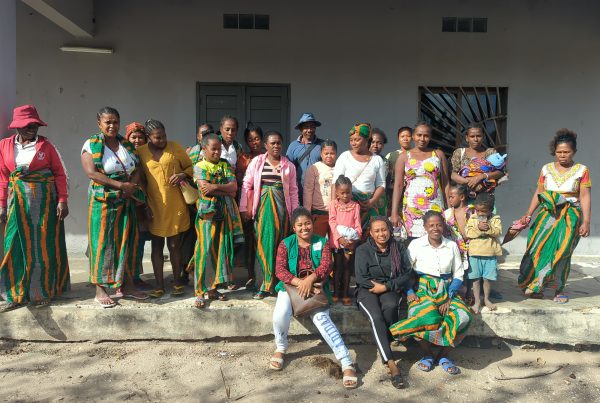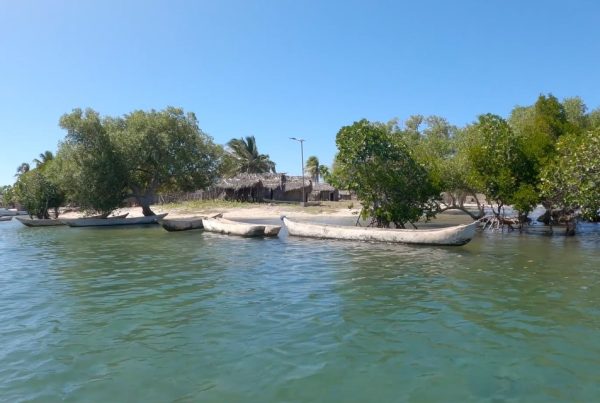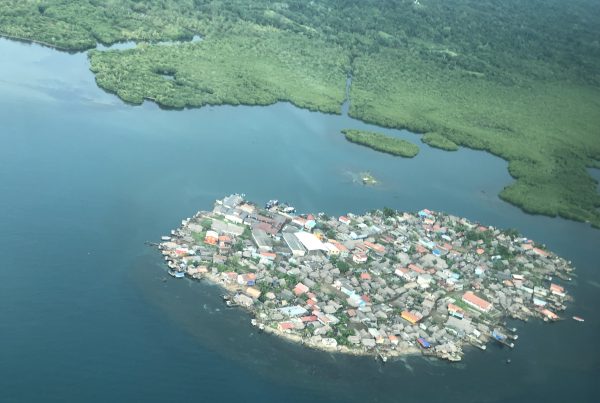In November 2015 the second Indigenous Terra Madre (ITM 2015) was held in Shillong, Meghalaya, North-east India. Indigenous Terra Madre is an event organised by the Indigenous Partnership for Agro-biodiversity and Food Sovereignty, Slow Food International and North East Slow Food and Agrobiodiversity Society (NESFAS).
Bringing together 640 delegates representing more than 170 indigenous food communities from 62 countries across the world, the ITM celebrated the cultural and biological diversity of indigenous communities as expressed in their songs, dance, dress, folklores and food systems. Thematic sessions centred around issues of advancing local food systems, clean and fair food, building networks of local climate-smart crops, and promoting resilient livelihoods and nutritional security. The event showcased indigenous traditional knowledge, evolving skills including culinary innovations, and sustainable practices that safeguard agro-biodiversity and contribute to resilient food systems. The event also facilitated engagement among food communities and participating scientists and policymakers. The gathering adopted “The Shillong Declaration” – a declaration with commitments and proposals for action – which has since been disseminated and communicated widely.1
Image caption: Integer posuere erat a ante venenatis dapibus pore veli. Etiam porta sem malesuada magna mollis euismod.
Author
- Phrang Roy, coordinator of the Indigenous Partnership for Agrobiodiversity and Food
Sovereignty
Ecosystems
- Tropical forests
Topics
- Food
Type
- Short-form
Date
- This case study forms part of LBO-1, originally released in 2016.
References
- Indigenous Terra Madre. The Shillong Declaration. (2015). at <https://www.sametinget.se/105301?file_id=2>



